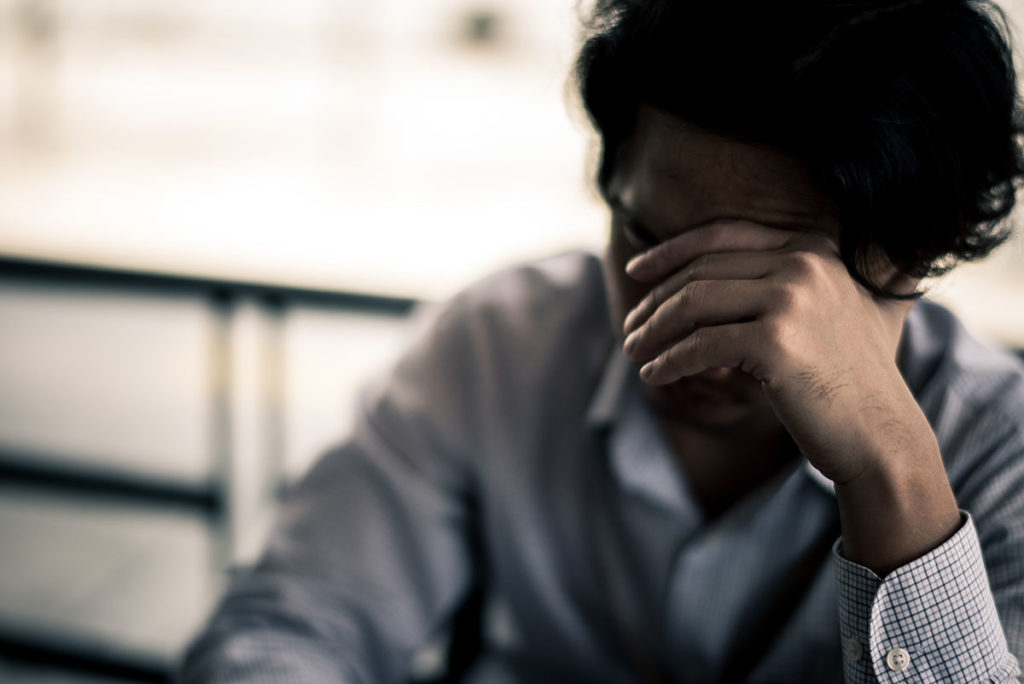The opioid epidemic of 2019 experienced also saw a significant number of overdoses. Overdose rates have increased dramatically over the past several years, with about 130 people dying each day from an opioid overdose. Since opioids can cause physical addictions, meaning that you can deal with troubling and painful withdrawal symptoms if you abruptly stop using, it can become difficult to quit without help from an opioid addiction treatment center. Substance abuse disorders and addiction are chronic and progressive diseases that are common in the United States, as nearly half of all Americans have a close friend or family member with a substance abuse disorder. Each year, roughly 2 million Americans have an opioid use disorder, making opioids among the most commonly abused psychoactive substances in the country.
Opioid Epidemic of 2019
Opioids include both prescription and illicit substances that are derived from or meant to emulate the effects of opium. Most opioids are more potent than opium and prescription ones are used by doctors to treat serious, severe, and chronic pain. Among the most popularly abused opioids include:
- Heroin
- OxyContin
- Oxycodone
- Morphine
- Subutex and Suboxone
- Fentanyl
The opioid epidemic of 2019 saw also pointed out another danger of opioid abuse: users transitioning to heroin because prescription opioids are costly and more difficult to procure. While prescription opioids are dangerous, heroin supplies cut with fentanyl have led to a sharp increase in overdoses. Since many heroin users inject it in order to intensify the effects, the opioid epidemic of 2019 witnessed how intravenous users are more prone to contracting infections, like MRSA. Opioid addiction causes your brain and body to completely rely on your substance of choice to function normally, which can make it difficult to recover without help. During addiction, your brain chemistry changes, as you experience major neurotransmitter imbalances and alterations to your pleasure and reward center. Once your brain associates your substance of choice, and everything that reminds you of it, with positive emotions, you experience intense and powerful cravings when you’re exposed to triggers. These cravings can continue long after your last use as your brain heals and relearns how to properly release neurotransmitters.
How Opioid Addiction is Treated
While the opioid epidemic 2019 experienced shows the prevalence of opioid addiction, only 10% of people who have a substance abuse disorder complete treatment. Addiction is progressive and chronic. Your symptoms will continue to get more severe the longer you use. Treatment is necessary to learn how to handle triggers, cravings, and other symptoms. Opioid withdrawal can begin within 24 hours of your last use and make it difficult to remain sober, as using again will immediately end detox. Inpatient and outpatient detox programs use medications to limit and reduce your symptoms, which can make the withdrawal process far more comfortable. Most inpatient residential treatment programs are for 4 weeks, although long-term programs, which can last for several months, are also a possibility. Inpatient opioid addiction treatment programs offer the highest level of care and support, as you’ll have access to treatment professionals around the clock. Another benefit of inpatient treatment is that it allows you to focus on your recovery absent outside distractions. Both inpatient and outpatient programs use evidence-based treatments, like cognitive behavioral therapy, and holistic ones, like meditation, to provide you with healthy coping skills.
Starting Treatment Today
Opioid addiction can cause you to lose control of your life. Damaged relationships, medical problems, and legal issues are common consequences of addiction and can make you feel hopeless, isolated, and trapped. Early treatment is the best way to improve your recovery chances, but regardless of the length or severity of your addiction, sobriety is always achievable. To find out more about the opioid epidemic of 2019 witnessed, or to discuss your treatment options, contact us today at 844.875.5609.

